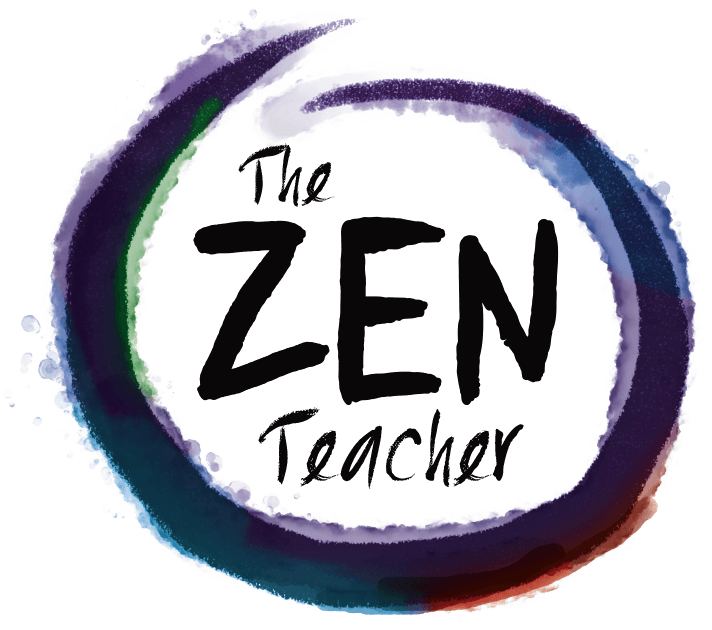The good news is that you do NOT have to be a statistic.
You can beat burnout and continue in a profession you entered, I’m betting, out of a sense of passion and love.
But you DO have to realize that relief from impending burnout is in no one’s hands but your own.
It’s what you do, not others, that will make the difference.
So here are five approaches that can help you retain your sanity and peace in the classroom and maybe even increase your love for what is possibly the greatest, most noble profession on the planet.
Intentional and Radical Self-Care. Learning to take care of ourselves in the face of what seems like insurmountable obligation and responsibility is the first step toward avoiding burnout. And yes, your responsibilities and obligations are real and yes, they matter, but the price you pay for meeting them at the expense of your own mental, emotional, and professional health is real, too. Don’t be a number. Find ways to take care of yourself–a massage, time to read, a walk by the bay, a glass of wine–and make time to give yourself what you need to find your peace. And don’t assume it will happen on its own. It won’t. Write it on the kitchen calendar. And then do it.
Find Your Zen Practice. On a similar note, we all have activities we participate in that we are passionate about, that are immersive experiences for us, that allow us to lose ourselves and wonder where the time went. These activities help us recharge our batteries, infuse us with new energy, and jump start our passions. It might be writing, gardening, or hiking. Whatever. Find what you love and spend more time there. The papers will be graded when they’re graded and the world will still spin. I promise.
Just Say No. You do not have to be on every committee to be a good teacher. You do not have to chaperone every dance, direct every holiday program, or be the advisor of every Dungeons and Dragons club that comes down the pike. You are allowed to pick and choose. You are allowed to pursue a personal and professional balance. In short, you’re allowed to say no. You’re allowed to say, “I don’t have to do it all.” Recognize your limits and set respectful, but firm parameters for your own mental health with both colleagues AND family. Then stick to them.
Stillness. The haste and speed of our current society has made the idea of stillness a dirty word. But we don’t have to listen. We can chose to find even a few minutes and just practice being still. Slow down the pace, sit in stillness, do nothing with intention, and then spend that time in silent and thoughtful meditation, reflection, or prayer.
Focus on what you love. Identifying what you still love about your path in education, focusing on why you chose it in the first place, and expressing gratitude for all of the wonderful aspects that still exist in your profession is a very emotional and spiritual (not to mention practical) way to acknowledge what is good about what we do. But don’t just keep it in your head. Jot a few of them down and slip them into a gratitude jar! Write them down in a journal! Talk to someone about them! Blog about them! Show others how much there is to love about what we do!
There are innumerable methods for maintaining our sanity in the sweet lunacy of The Education Machine and an infinite number of ways finding our peace in the classroom–ways that renew, rejuvenate, and reinvigorate our love for teaching. I’m hoping, then, that these five approaches will at least give you a short list of hands-on techniques you can put into action in the classroom tomorrow, or in your personal life today! TZT
LOOKING FOR MORE LIKE THIS?
If these ideas resonated with you and you’d like to explore them more in-depth, you can purchase The Zen Teacher: Creating Focus, Simplicity, and Tranquility here.
